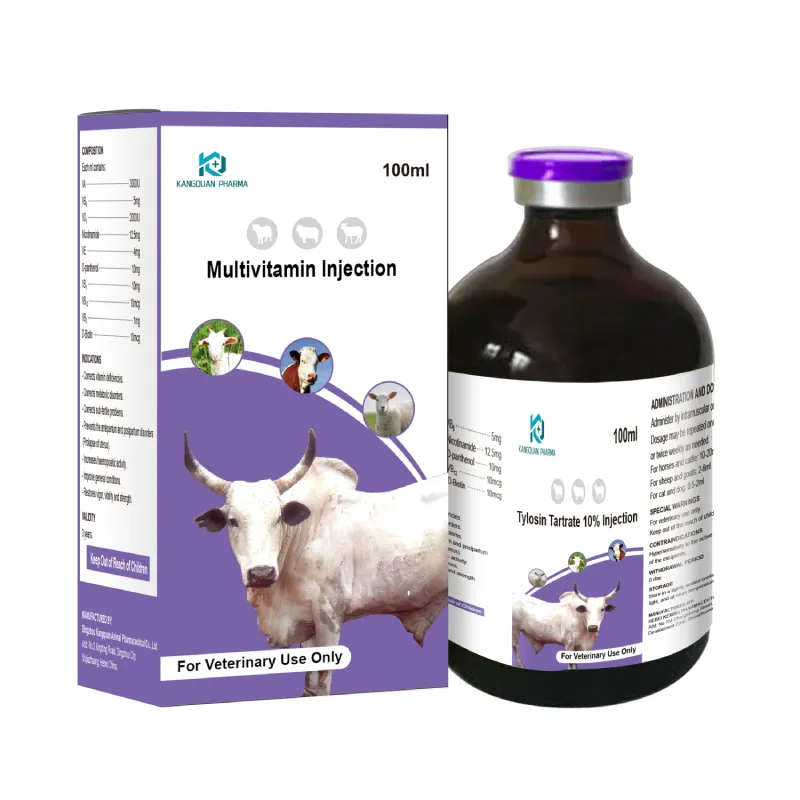- Afrikaans
- Albanian
- Amharic
- Arabic
- Armenian
- Azerbaijani
- Basque
- Belarusian
- Bengali
- Bosnian
- Bulgarian
- Catalan
- Cebuano
- Corsican
- Croatian
- Czech
- Danish
- Dutch
- English
- Esperanto
- Estonian
- Finnish
- French
- Frisian
- Galician
- Georgian
- German
- Greek
- Gujarati
- Haitian Creole
- hausa
- hawaiian
- Hebrew
- Hindi
- Miao
- Hungarian
- Icelandic
- igbo
- Indonesian
- irish
- Italian
- Japanese
- Javanese
- Kannada
- kazakh
- Khmer
- Rwandese
- Korean
- Kurdish
- Kyrgyz
- Lao
- Latin
- Latvian
- Lithuanian
- Luxembourgish
- Macedonian
- Malgashi
- Malay
- Malayalam
- Maltese
- Maori
- Marathi
- Mongolian
- Myanmar
- Nepali
- Norwegian
- Norwegian
- Occitan
- Pashto
- Persian
- Polish
- Portuguese
- Punjabi
- Romanian
- Russian
- Samoan
- Scottish Gaelic
- Serbian
- Sesotho
- Shona
- Sindhi
- Sinhala
- Slovak
- Slovenian
- Somali
- Spanish
- Sundanese
- Swahili
- Swedish
- Tagalog
- Tajik
- Tamil
- Tatar
- Telugu
- Thai
- Turkish
- Turkmen
- Ukrainian
- Urdu
- Uighur
- Uzbek
- Vietnamese
- Welsh
- Bantu
- Yiddish
- Yoruba
- Zulu
8 月 . 07, 2024 02:30 Back to list
Effective Use of Doxycycline Hyclate to Treat Cough in Dogs and Improve Recovery
Doxycycline Hyclate for Dogs with Cough A Comprehensive Overview
Doxycycline hyclate is a broad-spectrum antibiotic in the tetracycline class that has been increasingly used in veterinary medicine, particularly for treating various infections in dogs. Among the conditions it addresses, respiratory infections which can lead to coughing, are particularly concerning for pet owners. Understanding the application, benefits, and precautions regarding this medication can aid in ensuring the health and well-being of your canine companion.
What is Doxycycline Hyclate?
Doxycycline hyclate is an orally administered antibiotic that inhibits the growth of bacteria by interfering with their ability to produce proteins necessary for reproduction and function. This makes it effective against a wide range of bacterial infections, including those that affect the respiratory system. It is often prescribed for conditions such as kennel cough, pneumonia, and other bacterial respiratory infections in dogs.
How Does Doxycycline Help with Coughing?
Coughing in dogs can stem from various causes, including allergies, infections, or even underlying health issues like heart disease. When a cough is due to a bacterial infection, doxycycline can help alleviate the symptoms by targeting the root cause. By eliminating the bacteria responsible for the infection, it can reduce inflammation and irritation in the airways, leading to a decrease in coughing episodes.
Dosage and Administration
doxycycline hyclate for dogs cough

The dosage of doxycycline hyclate for dogs is typically determined by the veterinarian based on the dog's weight, age, and the severity of the condition. It is vital to follow the veterinarian’s instructions strictly to ensure the effectiveness of the treatment and minimize the risk of side effects. The medication can be administered with food to enhance absorption and reduce gastrointestinal upset.
Side Effects and Precautions
While doxycycline is generally safe for dogs, it can cause side effects in some cases. Common side effects include nausea, vomiting, diarrhea, and loss of appetite. More serious reactions, though rarer, can occur, including allergic reactions or disturbances in the gut flora leading to opportunistic infections.
Pet owners should also be aware that doxycycline can cause discoloration of the teeth if given to puppies during tooth development, and it should not be used in dogs with certain pre-existing health conditions without veterinary guidance. Additionally, it's essential to keep the medication away from light and moisture, as this can affect its potency.
Conclusion
Doxycycline hyclate can be an effective solution for treating coughs in dogs that result from bacterial infections. It is critical for pet owners to work closely with their veterinarians to diagnose the cause of coughing accurately and determine if doxycycline is the appropriate treatment. By doing so, you can help your furry friend recover quickly and comfortably while minimizing potential risks associated with antibiotic treatment. Always monitor your dog for any side effects during the course of treatment and keep open communication with your veterinarian to ensure the best possible outcomes for your pet's health.
-
The Power of Radix Isatidis Extract for Your Health and Wellness
NewsOct.29,2024
-
Neomycin Sulfate Soluble Powder: A Versatile Solution for Pet Health
NewsOct.29,2024
-
Lincomycin Hydrochloride Soluble Powder – The Essential Solution
NewsOct.29,2024
-
Garamycin Gentamicin Sulfate for Effective Infection Control
NewsOct.29,2024
-
Doxycycline Hyclate Soluble Powder: Your Antibiotic Needs
NewsOct.29,2024
-
Tilmicosin Premix: The Ultimate Solution for Poultry Health
NewsOct.29,2024













